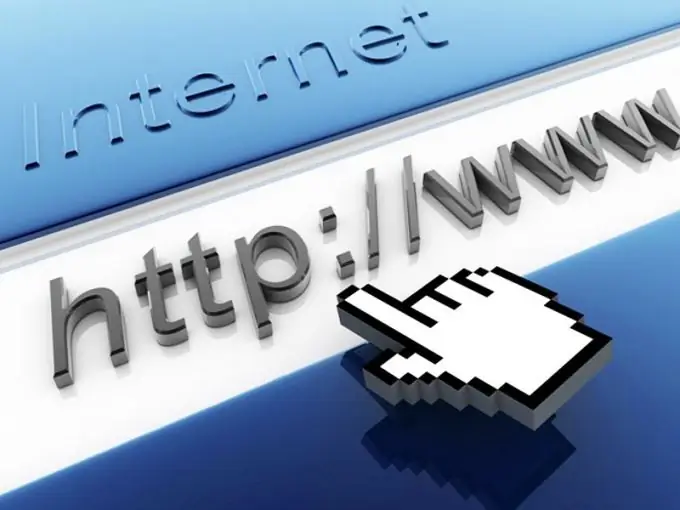- Author Lauren Nevill [email protected].
- Public 2023-12-16 18:48.
- Last modified 2025-01-23 15:15.
In order to respect the inviolability of your privacy, sometimes you need to delete all or part of the sites that were viewed by the user for a certain period of time. In addition, deleting Internet pages from memory will clear some of the occupied memory, which will speed up your computer.

Instructions
Step 1
You don't need to do anything complicated to delete some or all of the Internet pages. There are only minor differences in the Internet browsers themselves, due to which the sequence of actions will be slightly different.
Step 2
To delete Internet pages in Internet Explorer from the main menu, go to the "Tools" section, in which select "Internet Options". In the "Properties" open the "Journal", the "General" tab. When a line appears to confirm the deletion, click "Yes". In addition, in the "Temporary Internet files" section, you also need to select "Delete files" and check the box "Delete this content" in the system request, and then click OK.
Step 3
To delete pages in Mozilla Firefox, go to the "Tools" section in the main menu, and from it - to the "Settings" subsection. In this subsection in the "History" click on the "Privacy" tab, then the item "Clear recent history" or "Delete individual pages". After selecting the necessary pages or deleting all visits to the sites, you need to click on the "Clear now" button, after which some or all of the files will disappear from memory.
Step 4
To work with Google Chrome, you need to click on the image of the wrench at the top, in the right corner of the browser window. After that, a menu will open in which you need to select the "Parameters" section, and in it "Advanced". In this subsection, you can delete information about the pages viewed - both in whole and in part.






